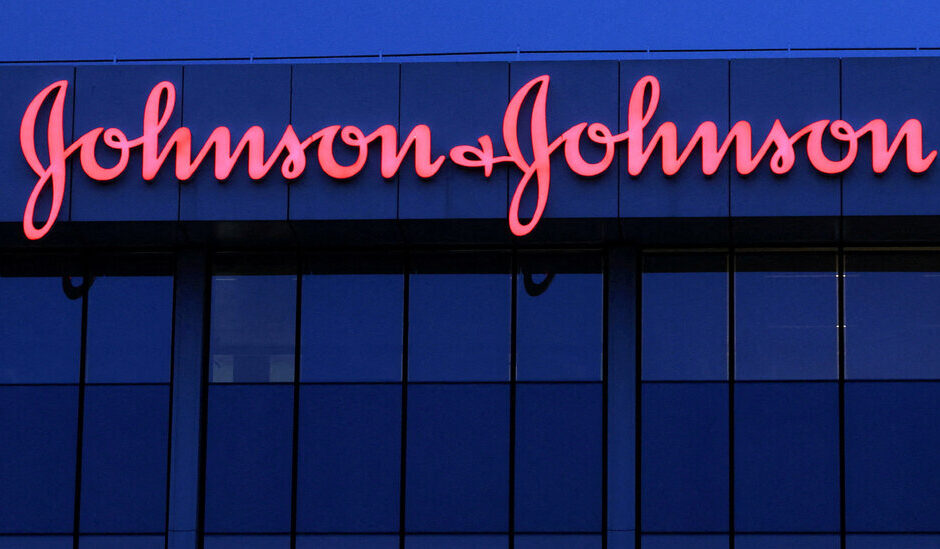A federal bankruptcy judge in Houston on Monday rejected Johnson & Johnson’s request to approve a $9 billion settlement with tens of thousands of people who are suing the company over claims that its talcum powder products caused cancer.
The proposal would have resolved nearly all current and future claims that the company’s talc products contained asbestos and caused cancer. Like the previous two efforts — in 2021 and 2023 — the deal tried to use an element of the bankruptcy system to settle the claims.
Johnson & Johnson claims that its products did not contain asbestos and that there was no proven link between its products and the cancer, the judge, Christopher Lopez, wrote in his ruling. Johnson & Johnson has long denied those claims, but has in recent years stopped selling talc-based baby powder worldwide.
Over 90,000 claims against Johnson & Johnson and other parties are pending, far too many for the courts to process individually.
The settlement attempt by the company and lawyers for the plaintiffs who brought the claims was opposed by a Department of Justice bankruptcy trustee as well as other plaintiffs’ lawyers, the judge said.
In a statement on Monday, Johnson & Johnson said, “The court has unfortunately allowed a couple of law firms with financially conflicted motives, who have conceded they have not recovered a dime for their clients in a decade of litigation, to defeat the overwhelming desire of claimants.”
“Rather than pursue a protracted appeal,” the company said, it “will return to the tort system to litigate and defeat these meritless talc claims.” It added that it would reverse about $7 billion that it had set aside to resolve the bankruptcy.
Johnson & Johnson, which makes pharmaceuticals and consumer products including Band-Aids and Listerine, spent years arguing that its baby powder was safe. Internal memos showed that inside of the company, there were worries that the talc could be contaminated with asbestos, a known carcinogen.
Since 2021, critics have contended that Johnson & Johnson has been trying to take unfair advantage of protections afforded companies in bankruptcy court. That year, it created a subsidiary, LTL Management, and shunted the baby powder claims into it. A day later, LTL declared bankruptcy.
Johnson & Johnson announced at the time that the bankruptcy filing, in New Jersey, was intended to resolve the lawsuits “in a manner that is equitable to all parties.” It said the company would provide funds for any amounts that a bankruptcy court decided that LTL owed.
Plaintiffs’ lawyers derided the creation of LTL and its nearly instant bankruptcy as an example of “the Texas two-step” — an effort to shield a solvent company with an insolvent one. In January 2023, a federal judge rejected LTL’s bankruptcy filing.
Three months later, the company announced that it had reached a deal to pay $8.9 billion over 25 years to tens of thousands of claimants, an attempt to end litigation that by then had gone on for more than a decade. Plaintiffs’ lawyers in the case called the settlement a “significant victory for the tens of thousands of women suffering from gynecological cancers caused by J.&J.’s talc-based products.”
The U.S. Court of Appeals for the Third Circuit twice rejected the settlement. Johnson & Johnson tried again, this time in Texas, and Judge Lopez has now rejected it, too. He decided that the plaintiffs’ lawyers had not adequately secured the consent of enough claimants. He also found “solicitation irregularities, including the unreasonably short voting time for thousands of creditors,” he wrote.
“While the court’s decision is not an easy one,” he stated, “it is the right one.”
#Johnson #Johnson #Loses #Court #Bid #Settle #Talc #Cases


